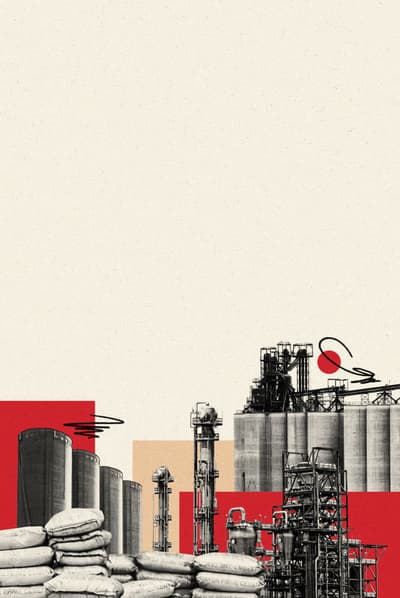Problem
The textile industry is responsible for 8% of global greenhouse gas emissions, and is facing major waste management problems, including under-utilised clothes, insufficient collection system, and lack of recycling infrastructure. Kenya is a major global hub for textile waste dumping and disposal. By 2021, nearly 900 million items of secondhand clothing were exported to the country annually, half of which were classified as waste. Moreover, up to 307 million of these waste items contain synthetic, plastic-like fibres and as a result end up dumped in landfills or incinerated, posing health risks to waste collectors and local communities.
Responses
Africa Collect Textiles Ltd (ACT) is a social enterprise based in Nairobi, Kenya, addressing this problem by collecting and recycling used textiles. Each year, ACT imports more than 200 million kilograms of textile waste and upcycles it into products such as rags or pencil bags, which are then exported to Europe. Seeking to create a circular textile value chain for used textiles and footwear, ACT has established dedicated business units for collection, sorting, recycling, upselling, and reselling textile waste, powered through 61 drop-off points across Kenya and Nigeria.
By diverting textile waste from landfills and implementing sustainable practices, ACT seeks to target both climate impacts and to also support local communities with sustainable income. This happens by preventing CO₂ emissions from textile burning and creating livelihood opportunities for local communities. The enterprise employs over 100 women in basket-making and other upcycling initiatives, providing stable incomes, skills development and affordable outfits for low-income communities. Additionally, ACT prioritises the health and safety of waste collectors by reducing their exposure to hazardous materials often found in landfills, promoting safer working conditions.
Find out more: Impacc
